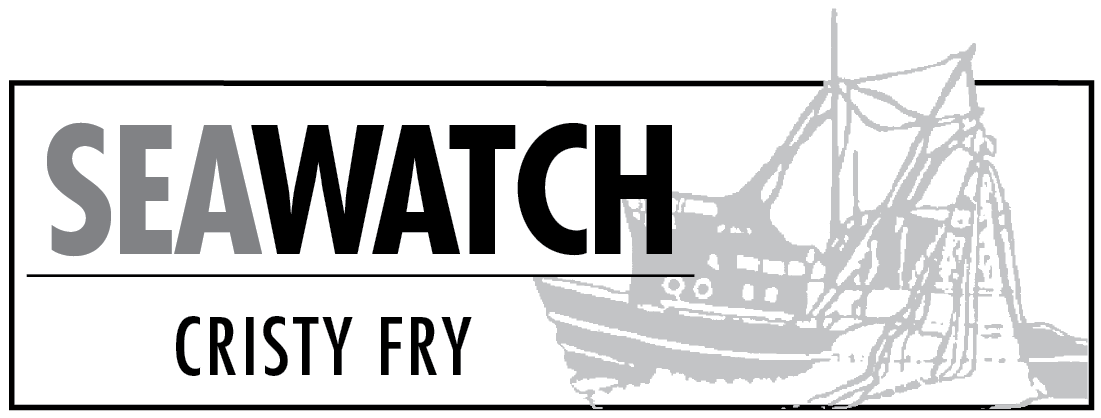The Alaska Senate Resources Committee held a hearing Monday to discuss Cook Inlet salmon, and one idea came to the forefront: a professional Board of Fisheries.
The idea first came up through testimony by Dwight Kramer, chair of the Kenai Area Fisherman’s Coalition, a group of private anglers with no commercial affiliation.
While speaking to the committee, chaired by Sen. Cathy Giessel, R-Anchorage, Kramer pointed out what he perceived as flaws in the Board of Fisheries process.
“Given the complexities of our fisheries and the current allocation issues related to declining stocks throughout most of Alaska, it has become apparent to many that our current BOF process does not possess the technical knowledge and sometimes internal integrity to accomplish decisions based on science and technical data,” he testified.
He pointed to the recent Upper Cook Inlet meetings as a prime example.
“A majority of the board had a preconceived agenda on how they were going to deal with the king salmon declines throughout Upper Cook Inlet and sockeye numbers in the Susitna,” Kramer said.
“That conclusion was to find a way to transfer allocations from the commercial sector to in-river users, and that they did. There was little regard for in-river conservation measures on how these fish would be protected so that we could advance a production model that would actually help us start to recover these stocks.”
In advocating for a professional Board of Fisheries, Kramer pointed to the billions of dollars at stake annually affected by the decisions made by the current board, and said that the state has evolved past the point where a lay board is adequate to meet the demands of our modern-day fisheries.
He said that with changes from foreign enhancement and competition, high seas mortality, global warming, evolving habitat issues, increasing populations and overall growing demand, it is necessary to have a panel of experts from various areas of fisheries expertise that can better understand the volumes of data and research that is presented for evaluation in the decision-making process.
The committee appeared receptive to the notion, and the chair asked subsequent presenters if they would support a professional Board of Fisheries.
The commercial fishing groups, who had substantial resources allocated away from their fisheries, were for it.
Sport fishing groups, who were viewed as the “winners,” were less so.
View the whole hearing in the archives at www.360north.org/.
Cristy Fry has fished in Homer and King Cove since 1978. She can be reached at realist468@gmail.com



